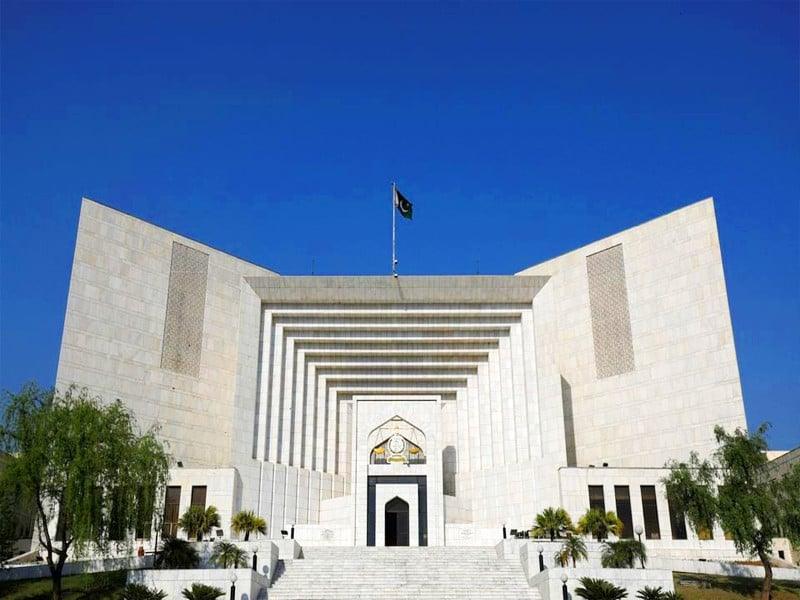Islamabad:
The Apex Court has decided that all courts, especially family courts and judges in the district system, must hear and respect the child’s vote in any custody and guardianship.
“This is not an ambitious target but a binding commitment under CRC [UN Convention on the Rights of the Child]”Said a 12-page written order of a petition petition filed by a father in a custody case.
The UN Convention on the Rights of the Child: Article 3 requires the best interests of the child to be a primary consideration in all actions relating to them.
Article 12 of the CRC guarantees each child the right to express their views freely in all issues affecting them, with proper weight given in accordance with their age and maturity.
The court noted that previous procedures unfortunately failed to give the children an opportunity to be heard, an omission that, said it, undermines both domestic constitutional protection and our international obligations.
“Given the central importance of a child’s voice in custody, we found it imperative to re -examine the case to ensure that these rights are not only recognized but meaningfully maintained.
“To rectify this supervision and to ensure that children’s welfare and perspectives were duly considered, this court believed that it was necessary to interact directly with both children involved.
“The interaction allowed the bench to make an independent assessment of their emotional well -being, comfort level and expressed preference,” the verdict added.
The verdict handed down by a division bench consisting of justice Syed Mansoor Ali Shah and Justice Aqeel Ahmed Abbasi, noted that courts, especially family heads, have a moral and legal responsibility to see, hear and protect any child who is not as a passive topic of case, but as a law -bearing person whose dignity must be protected by every stage of any stage in a judge The judges.
It also noted that in issues involving children, such as custody, guardianship and family disputes, the courts must acknowledge that a strictly contradictory approach often exacerbates conflicts, delays the decision and undermines the child’s sense of stability and security.
In contrast, alternative dispute resolution (ADR), especially mediation, offers a more cooperative, effective and child -sensitive mechanism for solving such disputes. While CRC does not explicitly refer to the term ADR, its spirit and structure clearly support its use.
“General Comment No. 12 (2009) calls on the UN Committee on CRC explicit states to develop mechanisms that ensure meaningful children’s participation in family law procedures, including through non-law and informal processes such as mediation.
“Such processes must be voluntary, child -friendly and relieved by professionals trained to respect the child’s evolving capacity and prioritize their best interests.
“Properly designed ADR mechanisms reduce the psychological burden of children, promote parenting staff and lead to faster, more sustainable results that support the child’s long-term welfare.”
It said the family courts and guardianship court must prioritize mediation as a first application, especially where the parties demonstrate a willingness to engage in good faith.
“Assessment should only be pursued when mediation fails or considered unsuitable due to concerns about security, coercion or imbalance in power.
“This approach is not only in accordance with our international obligations under CRC, but also strengthens the constitutional obligation to protect dignity, welfare and future for each child,” it said.



